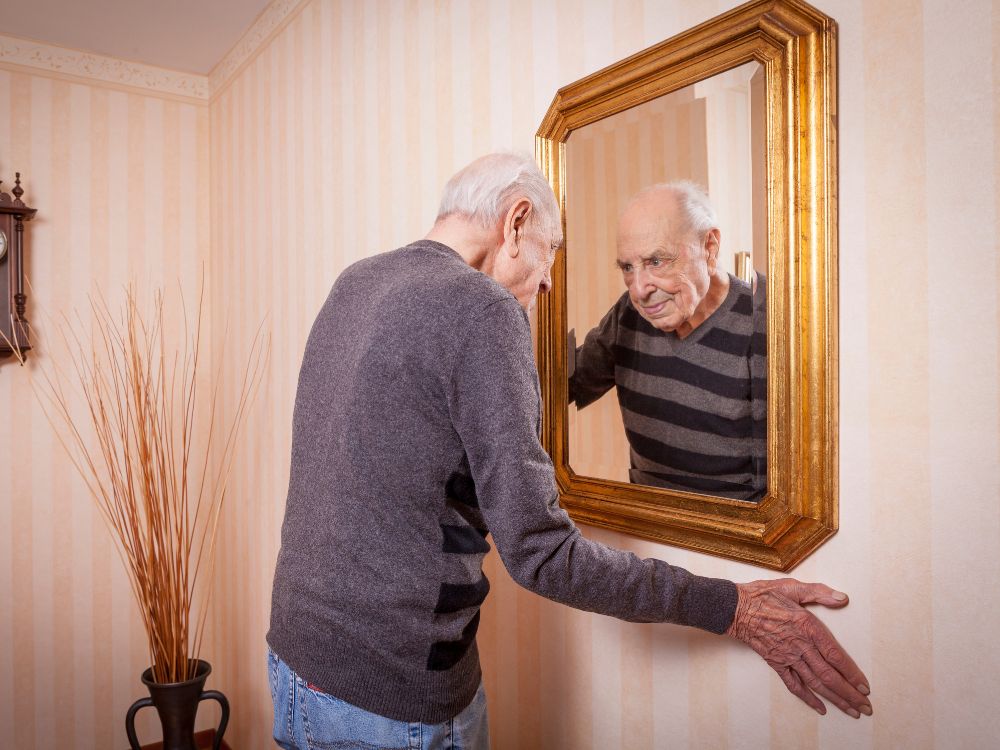
“Senior”: A Word That Ages Us
We’ve all heard it: “Me, a senior? Oh, come on!” Followed by an awkward laugh or a slightly annoyed look. Technically, we’re talking about just a word. A word we attach to an age, a category, a box. And yet… it bothers people. It scratches at them. It makes them feel older instantly. Because being a “senior” isn’t just about turning 65. It’s about being perceived as… in decline. Fragile. Out of the game. So some refuse the label. Others reclaim it. And we try to understand.
A Word Heavy with Implications
At its core, “senior” is a neutral, almost noble word. It simply means “someone older.” But in the collective imagination, the meaning has shifted. Today it rhymes with fragility, dependence, and loss of autonomy. People think of wheelchairs, memory loss, senior residences, visiting hours, and lukewarm soup. They don’t think of a vibrant person still taking organized trips for seniors with a passport full of stamps.
And that’s exactly the problem. The word isn’t unsettling because of its original meaning. It’s unsettling because of everything we’ve piled on top of it. A social construct, not a biological fact. One more label to deal with, on top of aches, life transitions, and loss.
“I’m Not Old.” A Refusal… to Be Erased
This refusal to be called a “senior” is common. Not because people deny their age, but because they reject the diminished social status that comes with it. They still want to exist differently: as full human beings, not as “cases to manage.”
It’s also a refusal of infantilization. Who hasn’t heard, “That’s not for you, you’re too old now”? Oh really? And why should dancing, flirting, or starting a YouTube channel at 72 be off-limits? Seriously… “senior” is not a synonym for a cloistered monk.
What If We Valued the Word Instead of Avoiding It?
In the end, what we can do is not run from the word, but reinvent it. By showing active seniors, highlighting role models who inspire, and making their wealth of experience visible. And in Canada, we have no shortage of them. Those who live alone at 89, walk three times a day, or support others with open-hearted kindness. They are our real models. They are the ones who should wear the word proudly.
And come to think of it, a word only scares us when it isolates us. When it’s lived collectively and proudly, it becomes a strength. A banner. Not a label.
SecurMEDIC™: Safety Without Stigma
At SecurMEDIC™, we understand this discomfort. That’s why our devices, like SmartSAFE™, are designed to be discreet, sleek, and elegant. No big logos, no flashy colors. And above all: no patronizing tone in how we talk about you. Whether you’re a proud senior, someone who hates the term, or a “young old” refusing to be boxed in, you deserve a tool that respects you.
